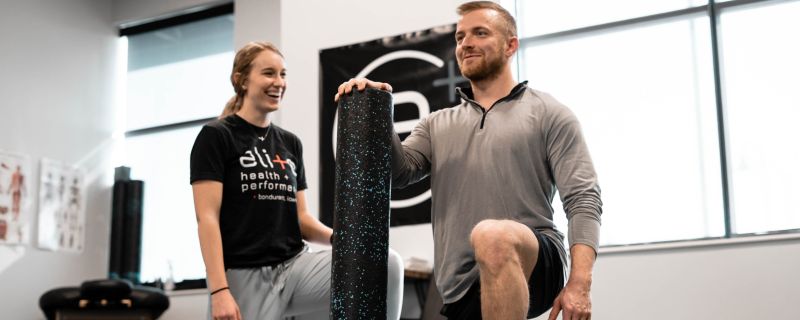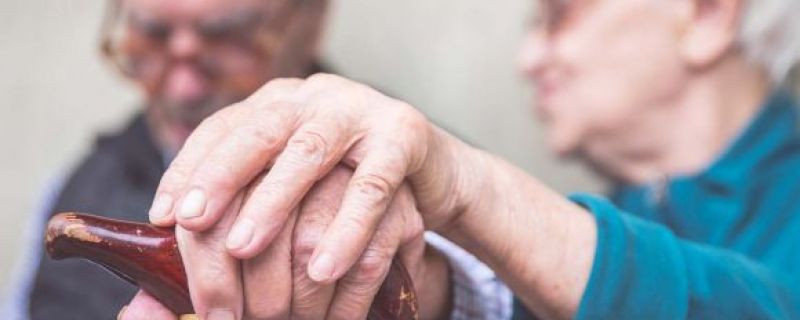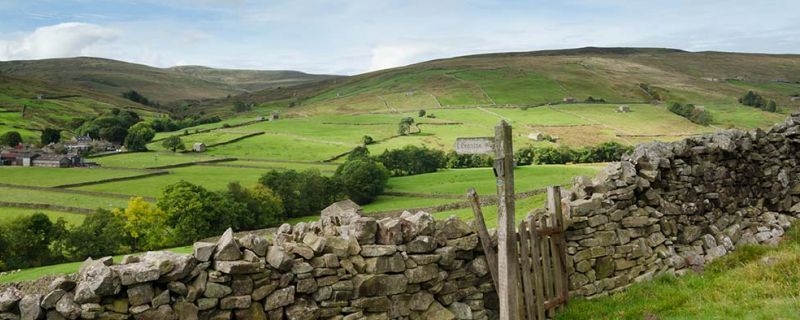
Dreaming of studying in the UK?
For some universities/courses in the UK it is important that you
apply before January 14th as this is the deadline for equal consideration.
For more information on whether this deadline applies to you:

Why You Should Study Physiotherapy in the UK
Physiotherapy remains a popular subject for Canadians looking to study at UK universities.
If you've been thinking of taking your physiotherapy studies abroad, join our advising team as we discuss some key concerns from Canadian students. Why should you study Physiotherapy in the UK? What are the benefits of a UK physiotherapy degree? What are the entry requirements for the program?
Register now to see how Across the Pond can help you achieve your dream profession!

Explore UK Studies: Alternatives to Physiotherapy
Physiotherapy remains a popular subject for Canadians looking to study at UK universities, but high demand and limited places for international students can sometimes lead to disappointment and result in not getting into a physiotherapy school. Keep calm, and let Across the Pond help you reassess your options! In this informative webinar, our team will discuss potential back-up options and alternative career paths for passionate students eager to pursue allied health professions. With similar background requirements, and application expectations, Across the Pond's expert advisors can help give you the best possible chances of success whether as a first-time applicant, or as a re-applying student looking to improve their application.
Register now to secure your spot and receive insider tips that improve your chances of studying physiotherapy (or a related profession) at one of our UK partner universities.

University Applications: Guide to Portfolios
Applying to arts-based and creative industry focussed programmes? Join our expert advising team as we discuss one of the most important elements of your application: the portfolio. In this detailed session, we'll go through everything you need to know about the portfolio including general requirements, how to create/submit a portfolio, when to submit a portfolio, and how your Across the Pond advisor can continue supporting you through this portion of the application.
Register now to secure your spot and receive insider tips that improve your chances of studying arts-based or creative industry programmes at one of our UK partner universities.

Debunking Myths about Studying in the UK
Join our advising team as they go over common myths and misconceptions about studying in the UK, to help you feel more confident in your decision to study abroad! Will your degree really transfer back? Do you have to like tea? Tune in to find out!

It's Too Early to Apply - Now What?
It can be frustrating to reach a decision on your next steps only to realize you have to wait before you can actually apply and get things underway. But what you might not realize is that we work with many students in this situation. We are happy to help you identify ways that you can get started on your application process and as a bonus you'll help to make things easier for yourself down the road.
Join our advising team as they detail their top tricks, tips and advice for preparing for your applications early. If you are interested in studying in the UK in a future year, this webinar will cover the little things you can be doing now that make a big difference later.



